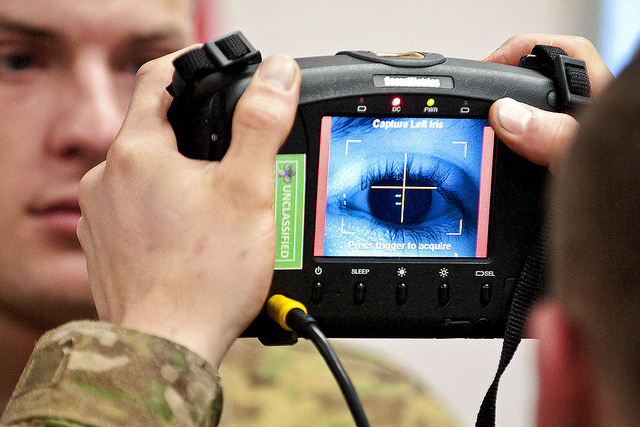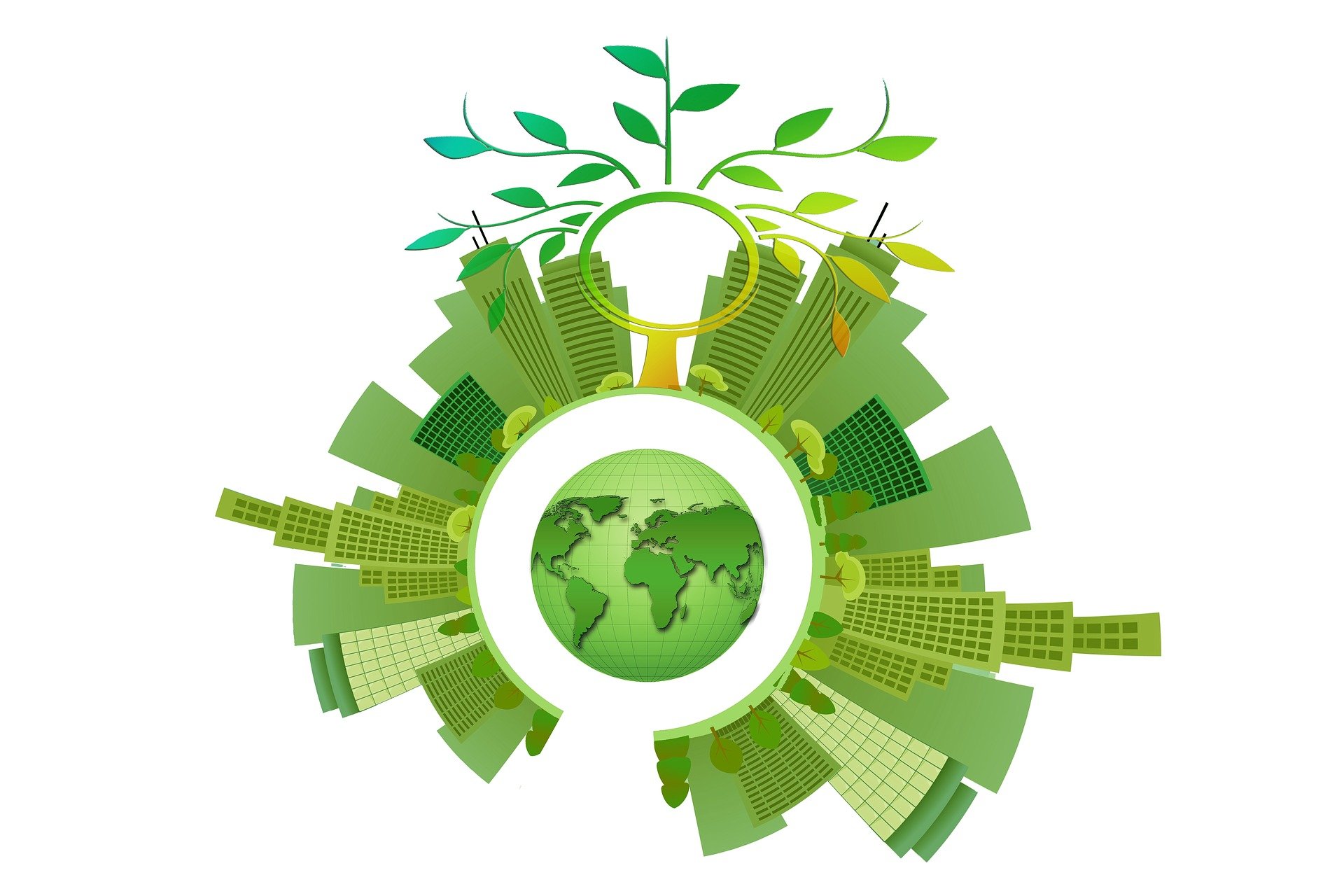Innovating Private Law: on law and technology

In this blog I like to inform you about a visit to an interesting event on Law and Technology. The organiser has been striving to open the minds of law students from the University of Pavia and expose them to different views as to how technology can offer solutions for legal problems.
On 8 February I had the pleasure to accompany Jan Smits for a visit to Pavia, where we gave a presentation titled ‘Innovating Private Law: On Law and Technology’, on the third day of the Innovating Legal Studies and Practice Winter School 2017.
After the Technolawgy event in Maastricht spearheaded by Legal Hackers Brussels’ Caroline Calomme, I was curious to see how other academic environments deal with the challenges and promises of bridging law and technology.
In the past years, Amedeo Santosuosso – the organiser of the Winter School – has been striving to open the minds of law students from the University of Pavia and expose them to different views as to how technology can offer solutions for legal problems. This year, the participating students even got to visit the Tribunale of Pavia work, under judge supervision, with the case management tool used by Italian judges (Consolle). In our joint presentation, Jan and I focused on the law of the future and the future of the law, in touching upon the role of codification in scenarios that might predict legal development trends, as well as discussing the impact of technology disruption on private law in three different examples (the sharing economy, blockchain and consumer content creation).
This event consolidated my belief that if there’s a time for legal education to open up and embed technological developments in the way lawyers are trained, that time is now. Two decades ago, when Richard Susskind coined the term ‘legal knowledge engineers’ in his ‘The End of Lawyers’volume, law firms and legal education as a whole were very weary to acknowledge technology as a disruptor of legal markets. However, in more recent times, the development of legal tech and the promises of more efficient and more consistent legal work have convinced many that the legal field cannot turn a blind eye to the developments pushed by technology. The question for universities and legal practice alike is whether they will engage more enthusiastically in keeping up with disruption or try to be frontrunners and nurture it.
As far as the legal landscape goes, Dutch institutions are leading in innovation. As Jan mentioned himself, HiiL has been busy with producing scenarios for the law of the future, and it pioneered its civil claims ODR Rechtwijzer platform more than a decade ago. Similarly, the Hoge Raad has announced that as of 1 March this year, proceedings will be exclusively digital. However, channeling this innovation requires more than just a discussion between lawyers. As we have seen in the independent Technolawgy event earlier this year, when we paired law students with computer science students in an attempt to propose an interdisciplinary creative event, it is really necessary for different disciplines to come together and complement one another if we are to achieve any meaningful understanding of these highly complex developments. Any law study that aims to still be competitive in a decade’s time should seriously consider how to truly achieve this interdisciplinary and equip their own students with skills that reflect and respond to the challenges of technological innovation.
------------------------------------------------------------------
Overview of the event in Pavia on 8 February:
“The Department of Law of the University of Pavia, the European Center for Law, Science and New Technologies (ECLT) and the Collegio Ghislieri, present the 2017 edition of the course Innovating Legal Studies and Practice (ILSP). The method upon which ILSP Winter School relies is just as innovative as its aim. Stemming from an extraordinary synergic cooperation among judiciary, bar and academy, the program of the Winter School offers: A theoretical part, where an international faculty board introduces the students to themes such as technology and law, legal informatics, legal interoperability, transnational law; A technological part, which focuses on practice. Each student, under the supervision of experts, lawyers and judges, will work and familiarize himself with the various innovative platforms that are already in use in the courtroom (Consolle) and law firms. In addition, they will work on the platform ALST and will experiment original solutions for legal multilingualism. In the last two days they will take part to a Hackathon: an event in which they are called to collaborate intensively in order to develop creative solutions.”
For a complete overview of the event, as well as a list of all the other speakers, have a look Innovating Legal Studies and Practice (ILSP).
------------------------------------------------------
Image: (U.S. Army photo by Sgt. Michael J. MacLeod)
This blog is published on Law Blogs Maastricht
Other blogs:
Also read
-
On 23 February 2022, the European Commission released the much anticipated proposal for the Directive on Corporate Sustainability Due Diligence. The aim of this Directive is to reduce human rights violations and environmental harms across the global value chain by making large companies carry out...
-
Achieving a sustainable way of life requires massive societal changes and (private international) law should enable, rather than hamper, the realization of such essential goals.
-
The DSA reflects the issue of advertising in its draft Art. 24, mandating transparency in advertising displayed by platforms – the traditional ad archives, discussed above. However, the proposal makes no acknowledgement whatsoever of new advertising business models emerging from content monetization...


